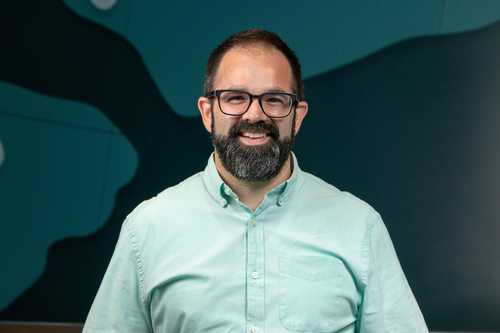Keywords: Gulf Stream
Item 152015
Chart Showing the Occurrence of Swordfish on the East Coast of North America, 1947
Contributed by: Maine Historical Society Date: 1947 Location: Maine; New Brunswick, Canada; Nova Scotia, Canada; Newfoundland and Labrador, Canada Media: Ink on paper
Item 15380
Contributed by: Maine Historical Society Date: circa 1900 Location: Bowdoin College Grant East Media: Lantern slide
Exhibit
Wired! How Electricity Came to Maine
As early as 1633, entrepreneurs along the Piscataqua River in southern Maine utilized the force of the river to power a sawmill, recognizing the potential of the area's natural power sources, but it was not until the 1890s that technology made widespread electricity a reality -- and even then, consumers had to be urged to use it.
Exhibit
CODE RED: Climate, Justice & Natural History Collections
Explore topics around climate change by reuniting collections from one of the nation's earliest natural history museums, the Portland Society of Natural History. The exhibition focuses on how museums collect, and the role of humans in creating changes in society, climate, and biodiversity.
Site Page
"The Bay of Fundy, the Maine coast, and even the Gulf of St. Lawrence were fishing grounds for the rest of the season."
Story
Warming Oceans
by David Reidmiller, Gulf of Maine Research Institute
The rate of warming in the Gulf of Maine is faster than that of more than 95% of the world’s oceans
Story
What does a warming climate mean for Maine?
by David Reidmiller
Climate change affects all aspects of life. What does this mean for Maine?









